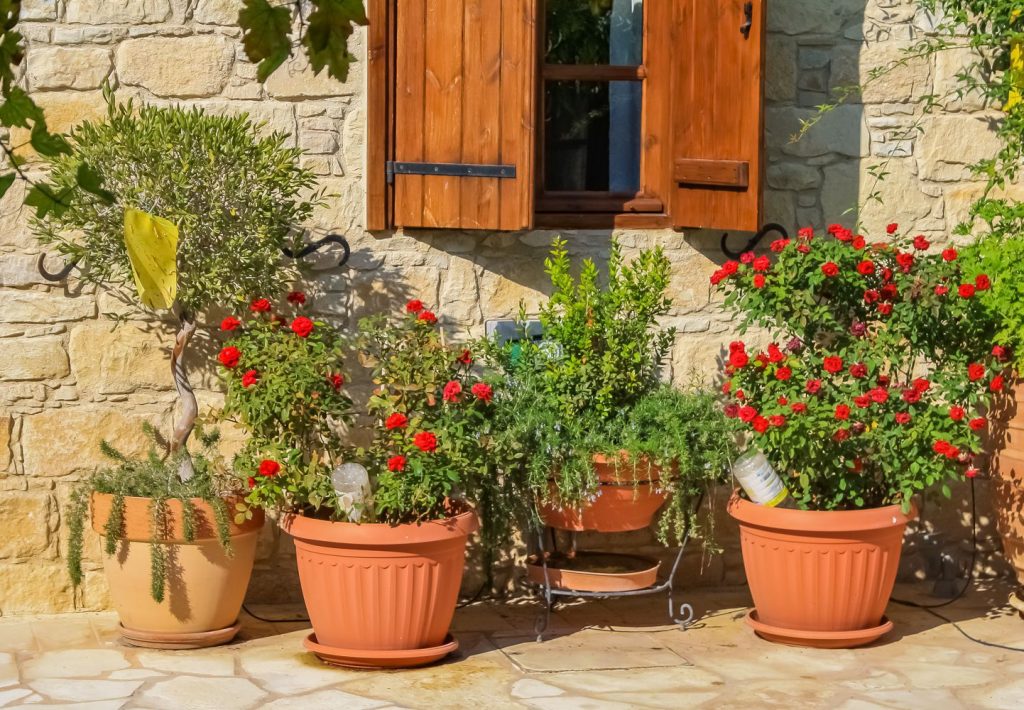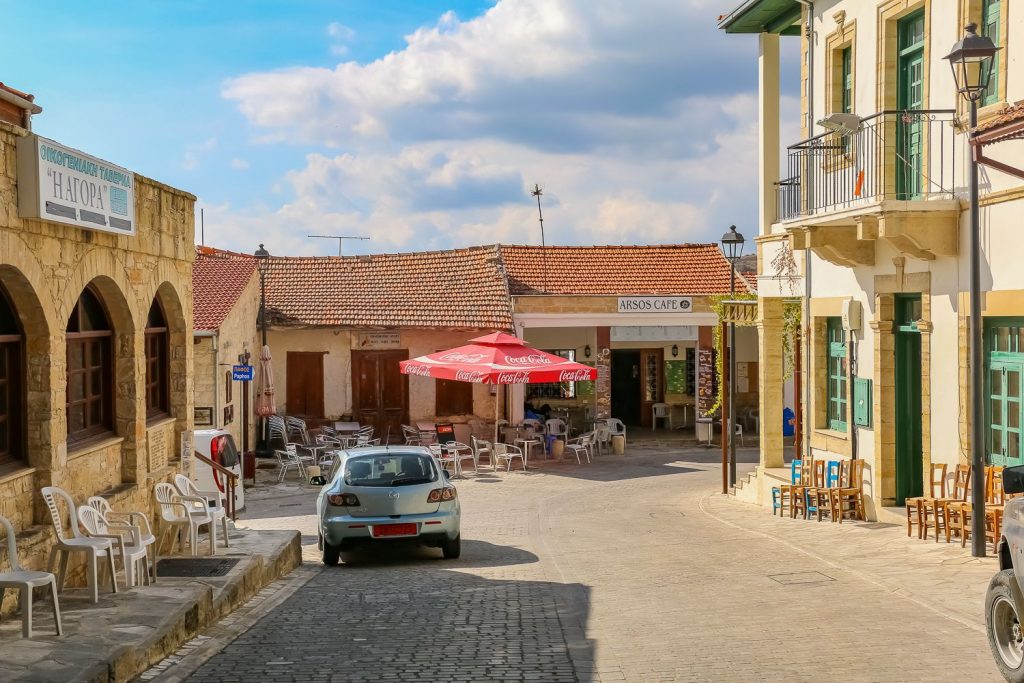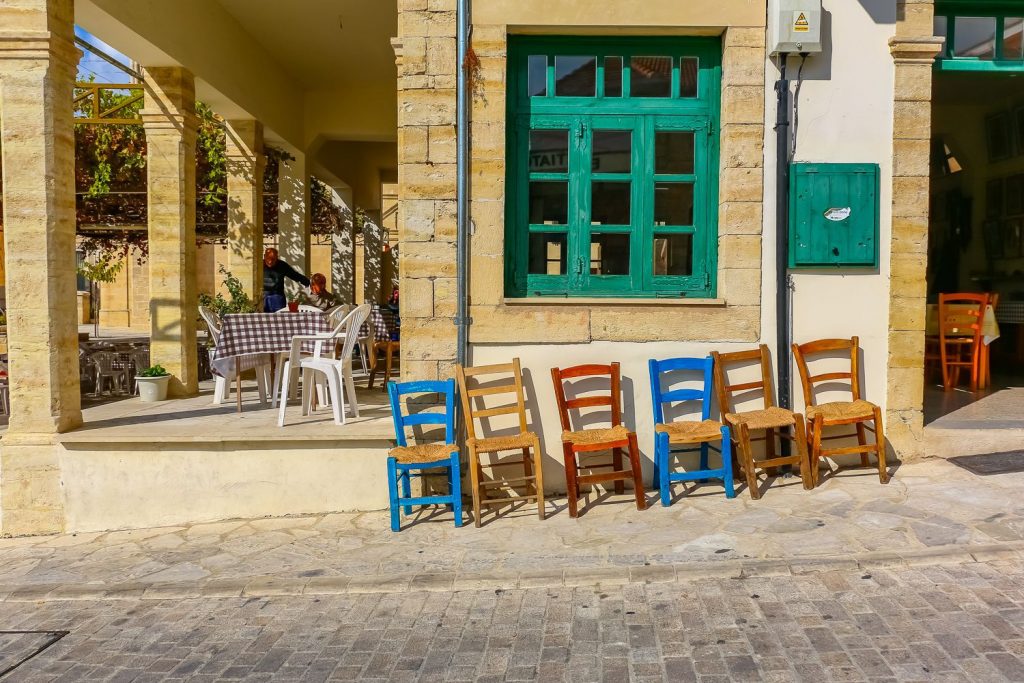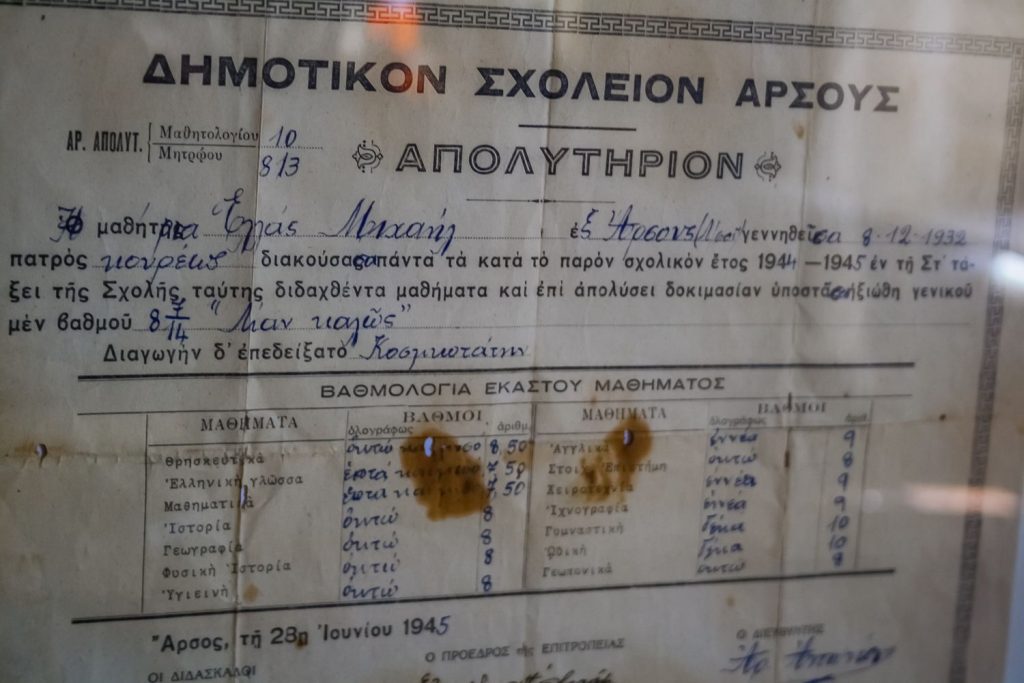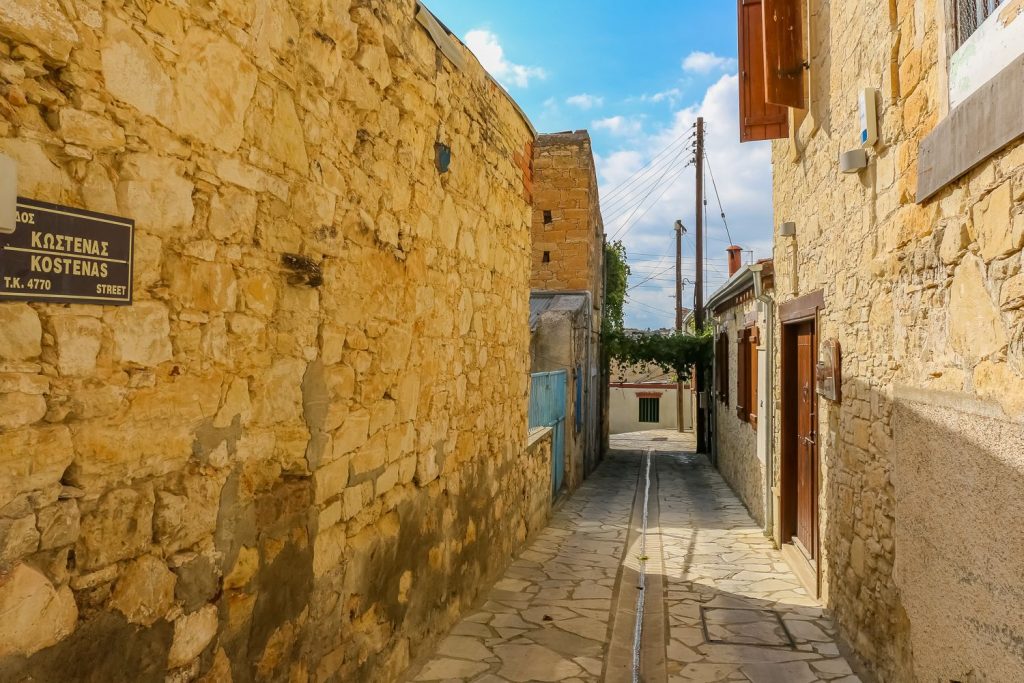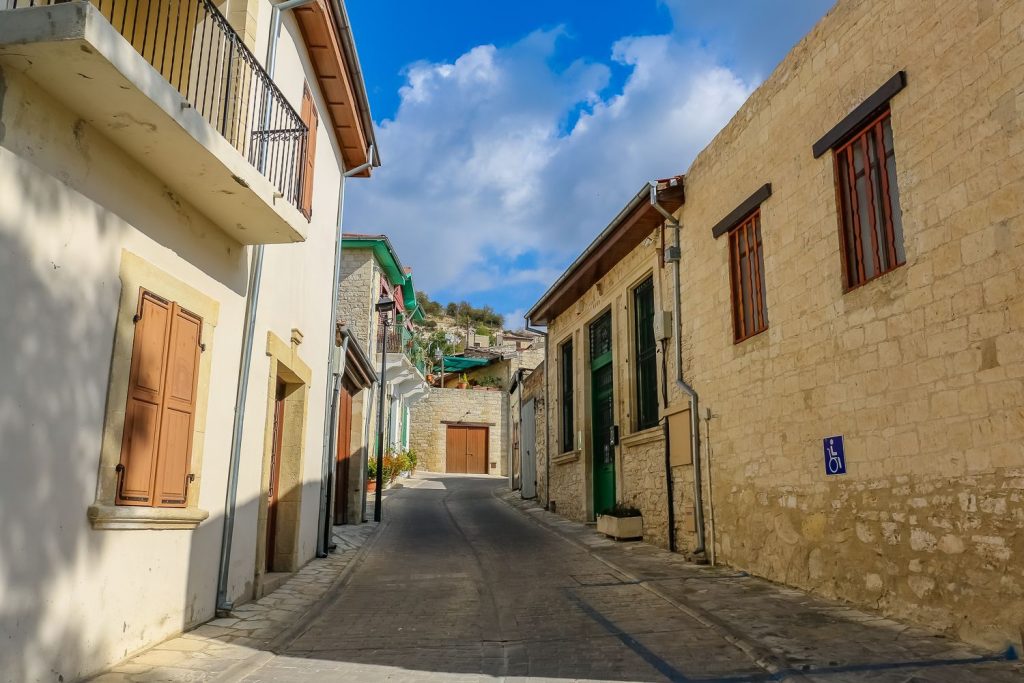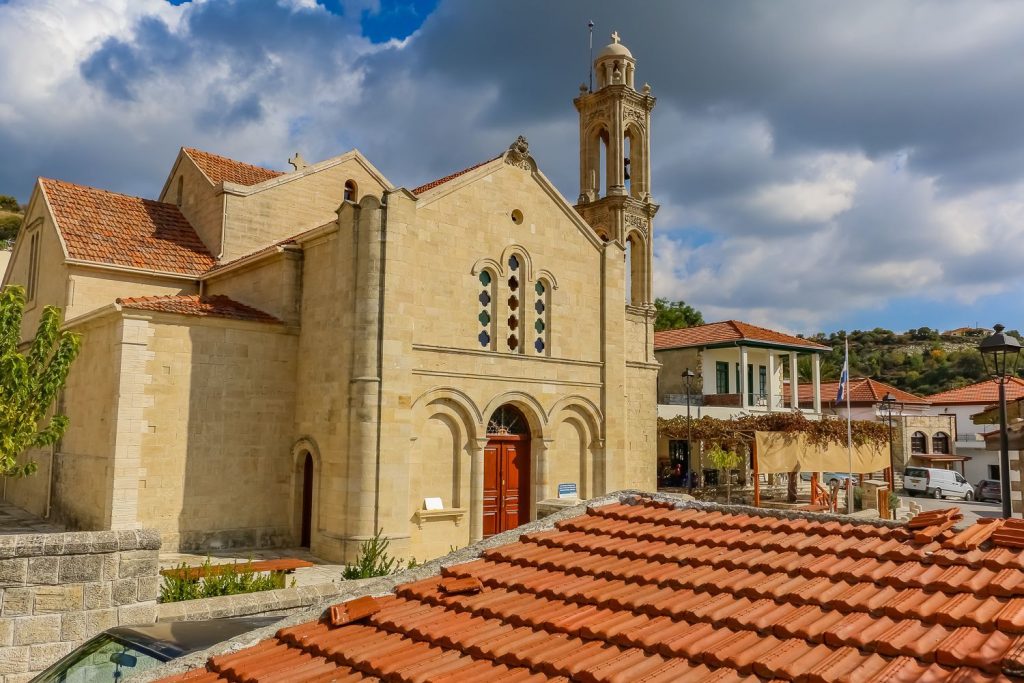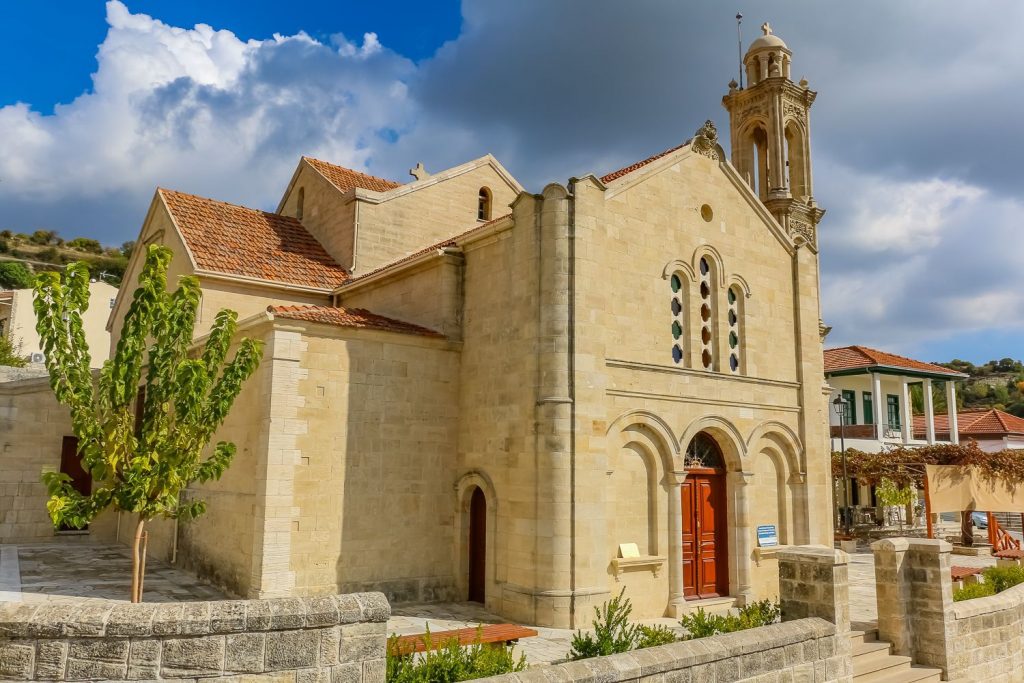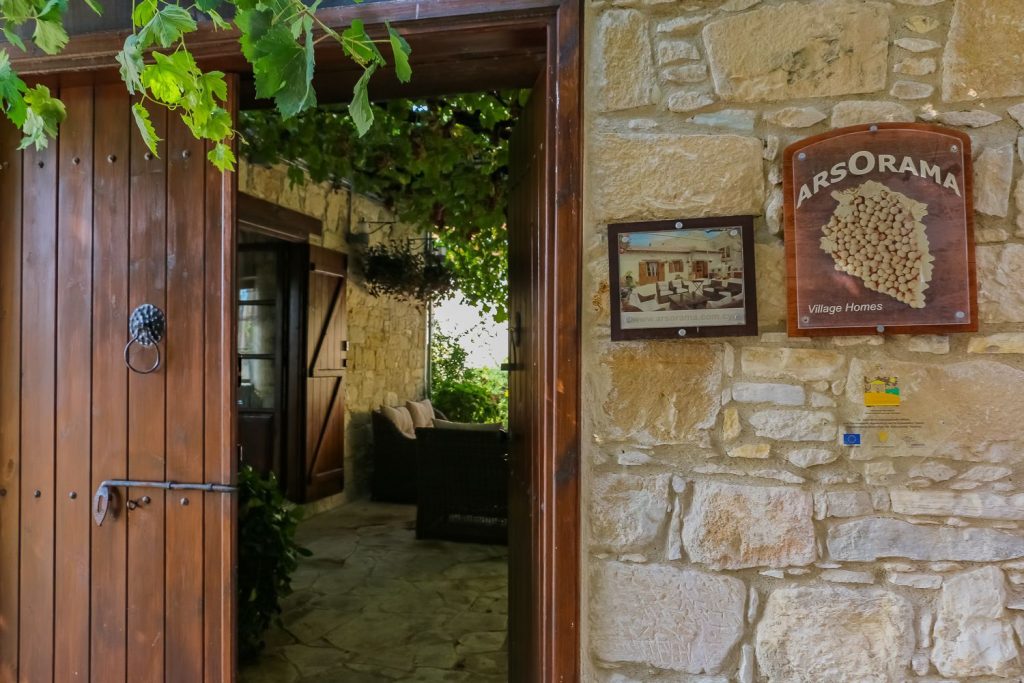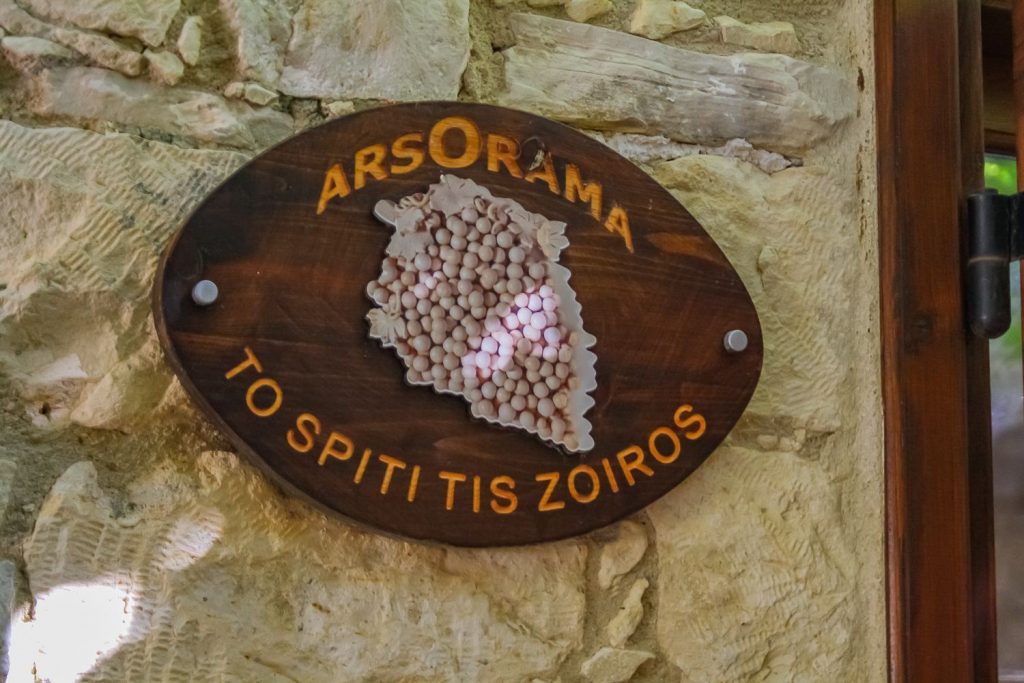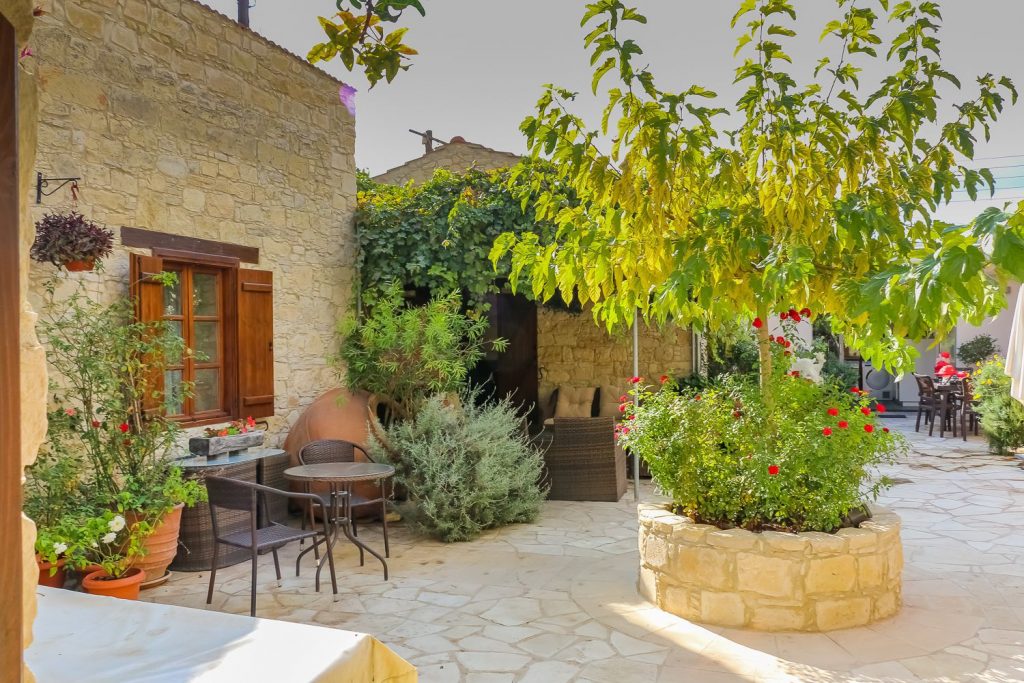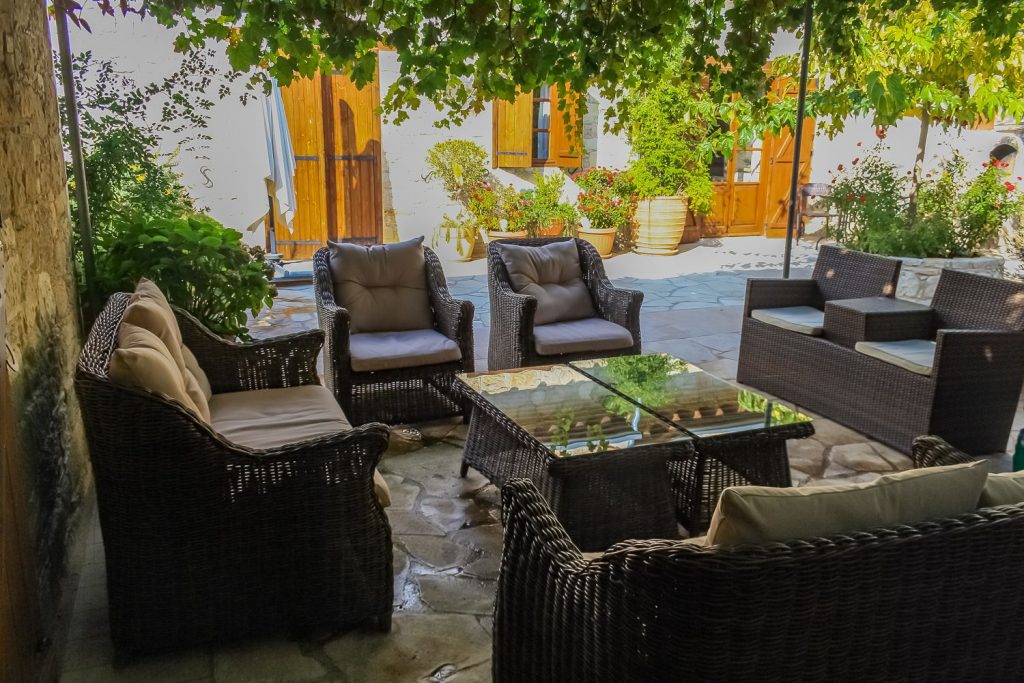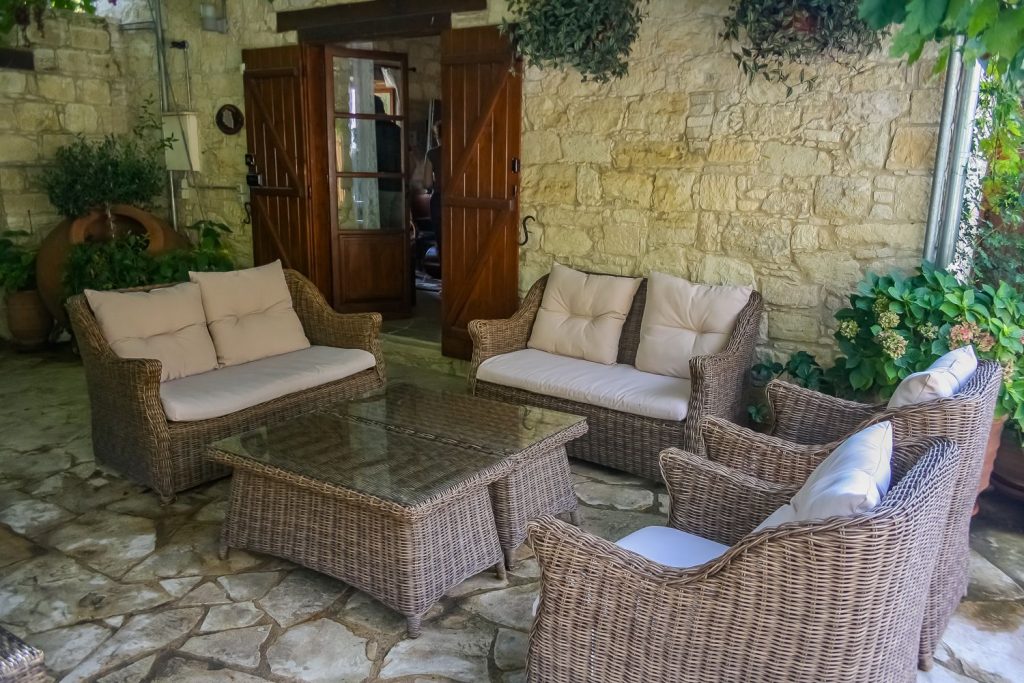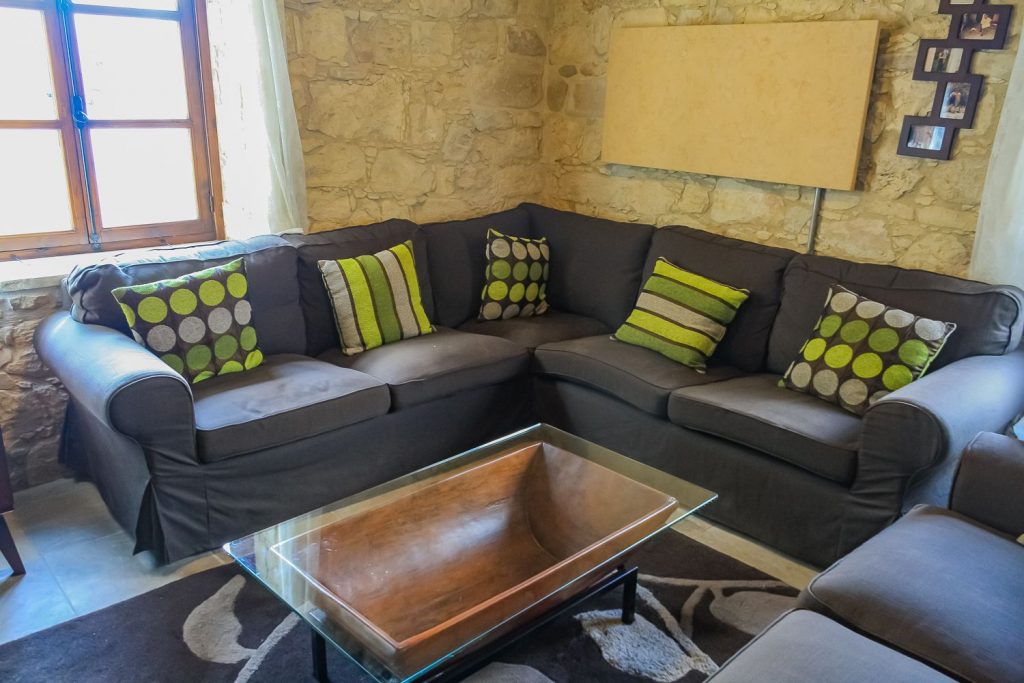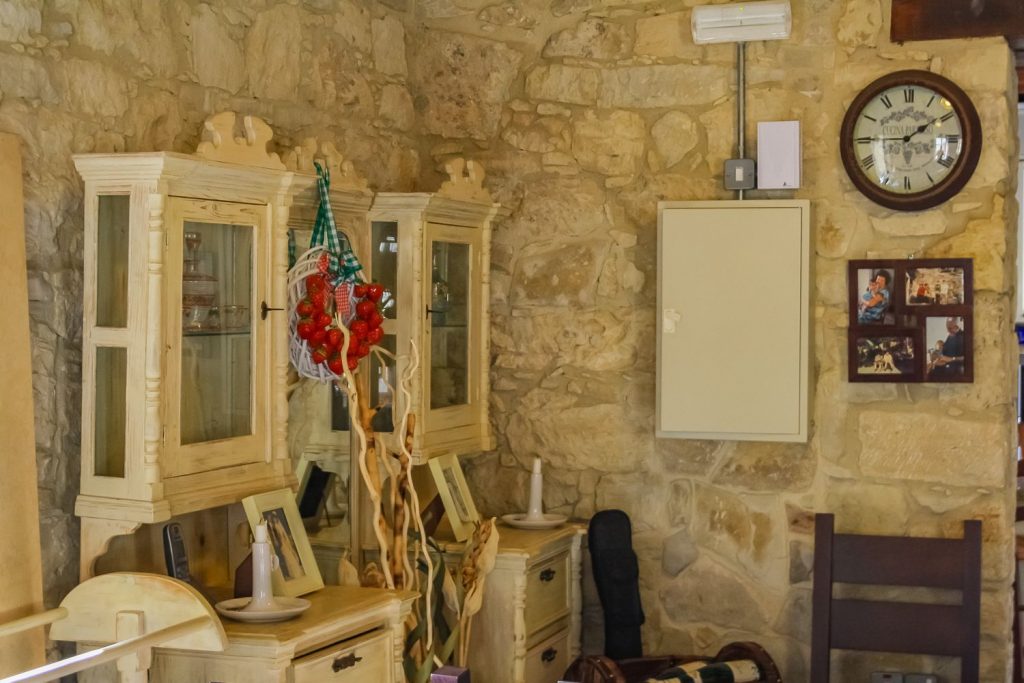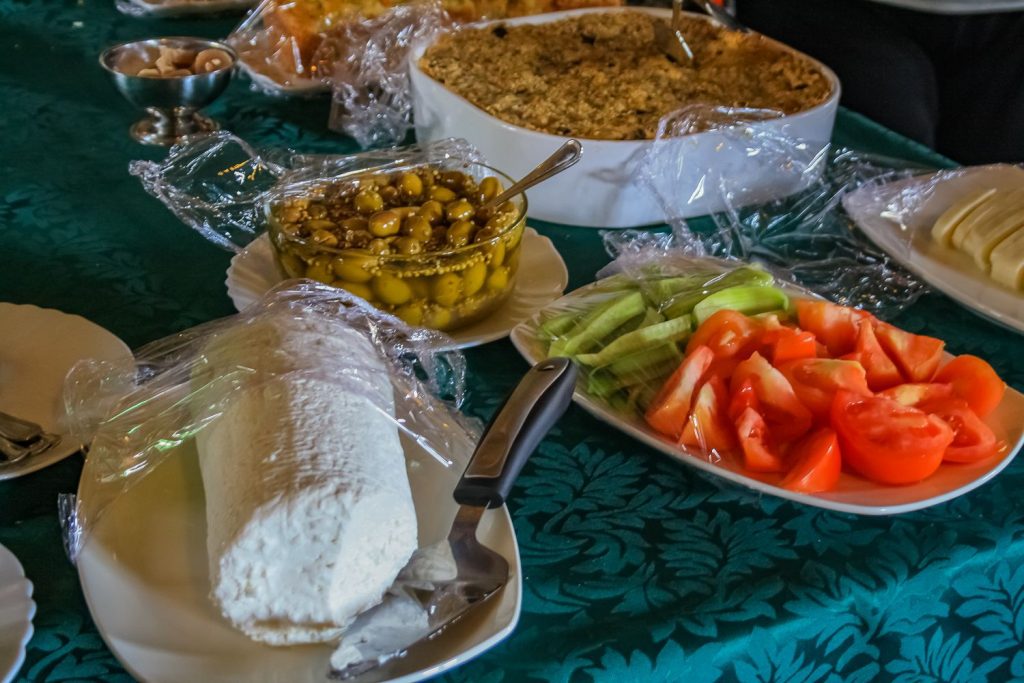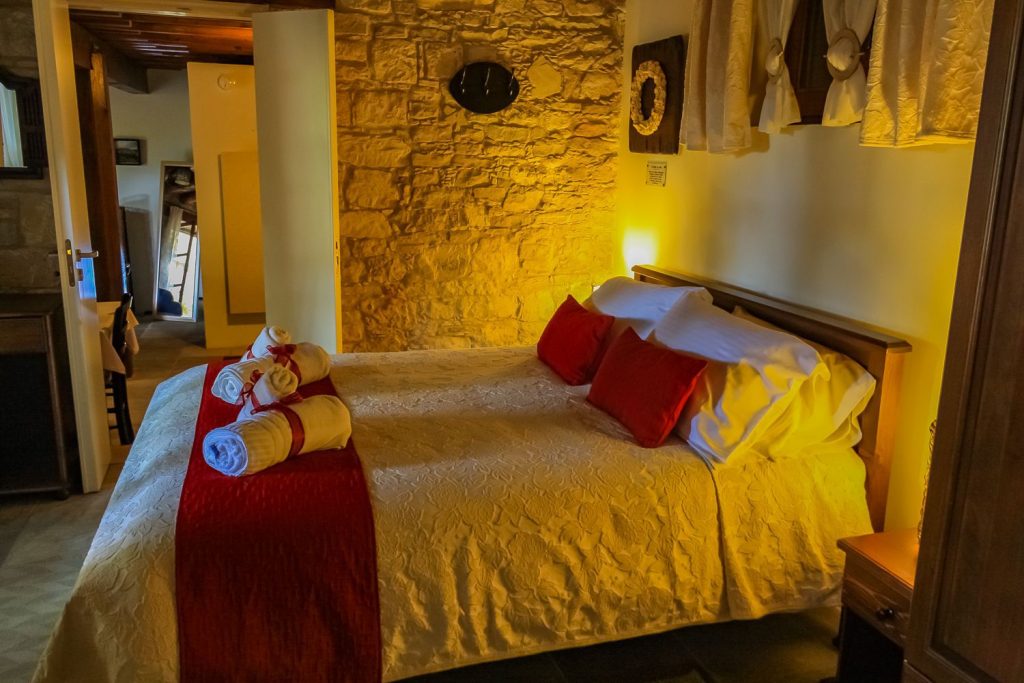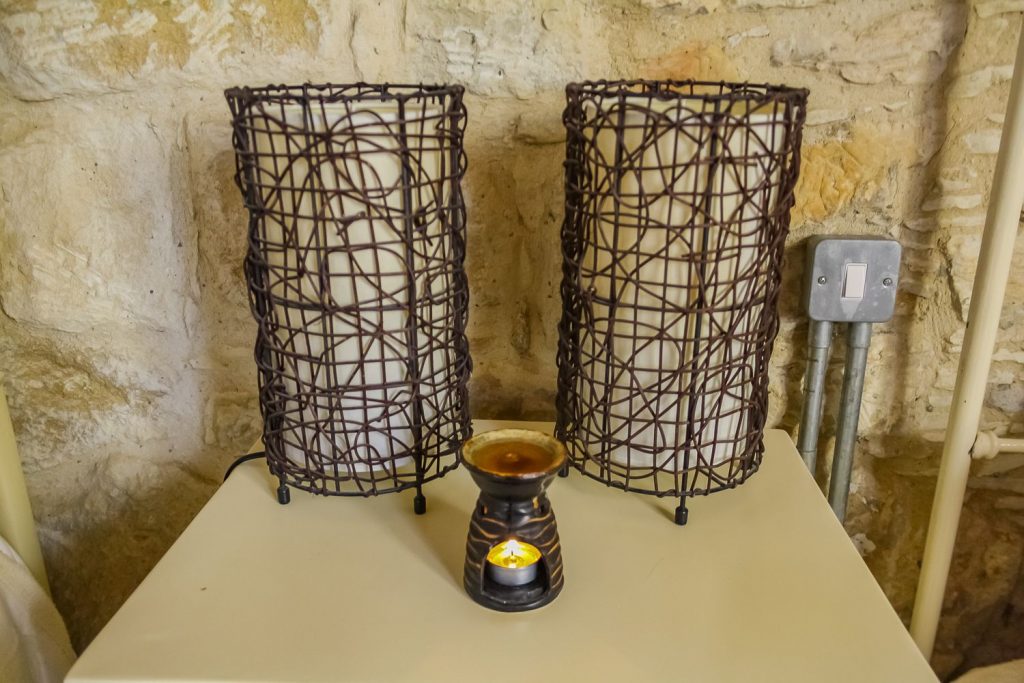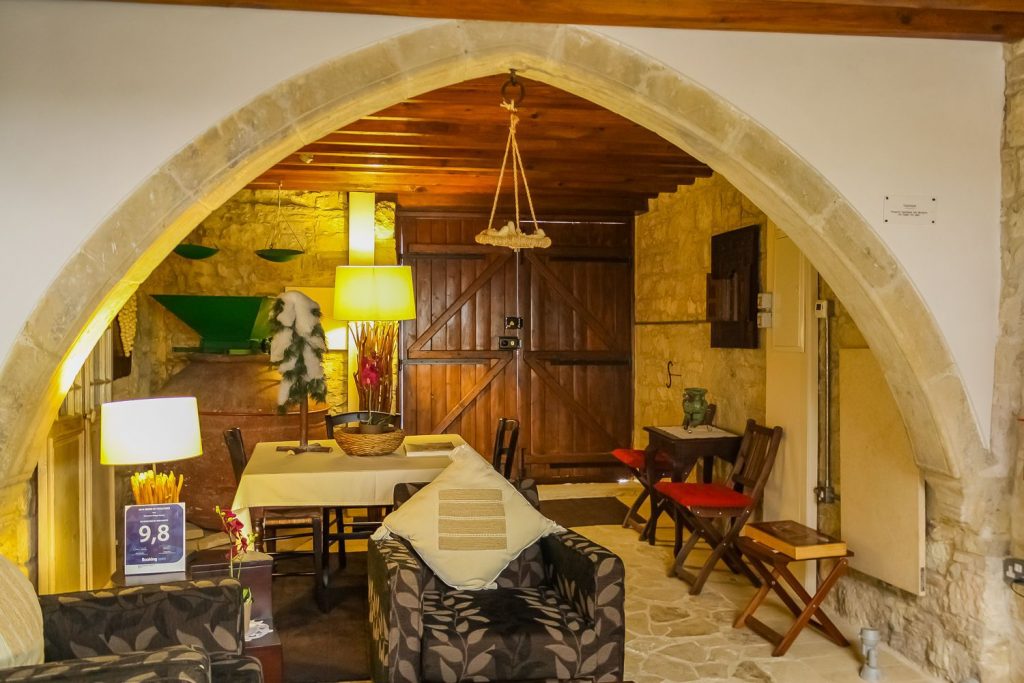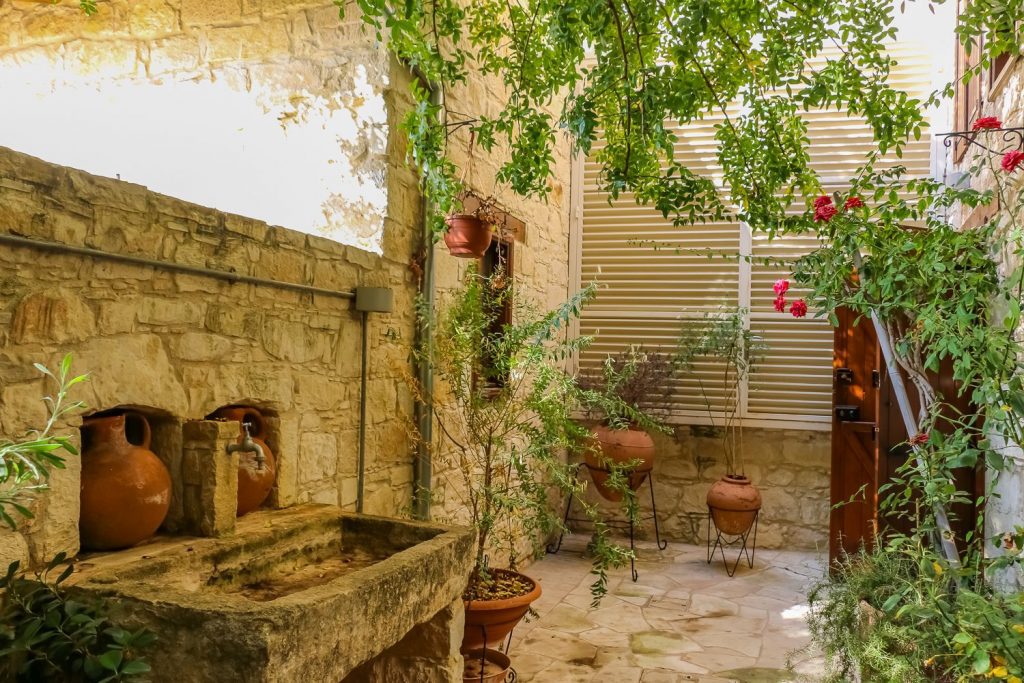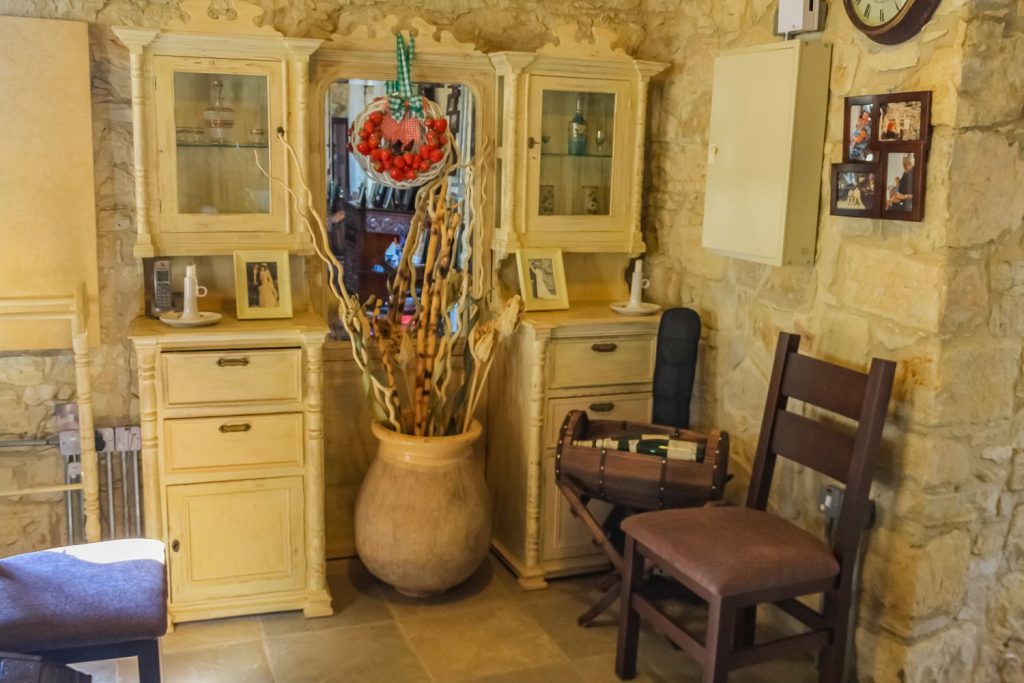Arsos
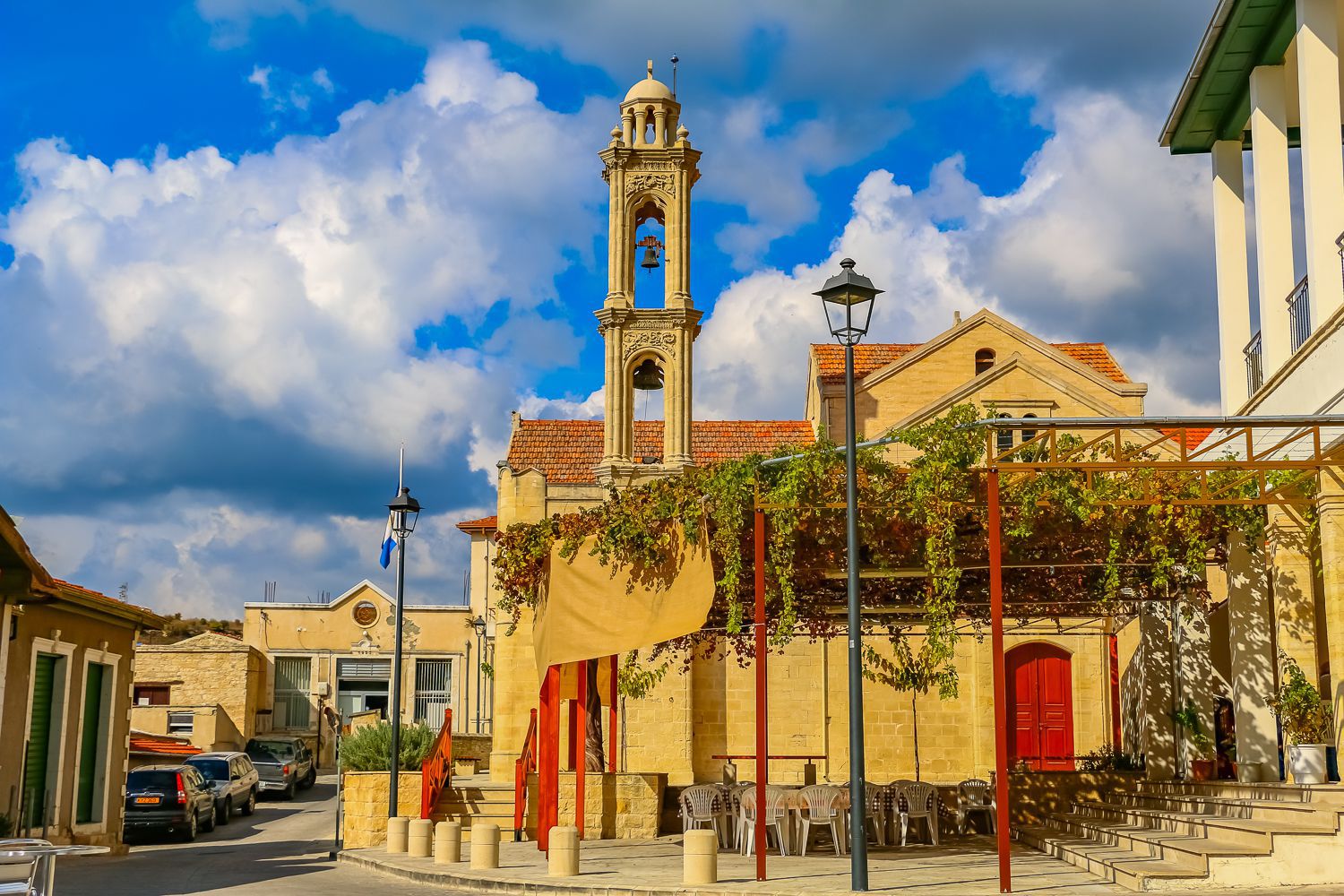
Arsos is a village in the Limassol district, located 40 km northwest of Limassol, 107 km west of Larnaca, 99 km southwest of Nicosia and 50 km east of Paphos.
One of the biggest wine-producing villages of Cyprus, it is built on the slopes of Laona mountain at an altitude of 1,100 meters. Arsos is undoubtedly one of the most beautiful villages on the island. The restored heart of the village, the cobbled streets and drinking fountains, the traditional stone houses of hewn stone and tiled roofs, attract the eye of the traveler. Famous for its arsiotiko wine and zivania that are still prepared according to the traditional methods in every home and the traditions of the village are evident in the many jars, the wine presses and vats located in community residences. Maybe during winter the village has about 200 inhabitants, but in summer it is filled with many local and foreign visitors that come here to enjoy its beauty.
Arsos was first inhabited during the Frankish rule, and according to tradition, in the area of the village was a sacred grove of the goddess Aphrodite, from where it got its name (alsos in Greek means grove).
According to another version, Ptolemy Philadelphus built in Cyprus four cities with the name of Arsinoe, devoted to his sister and his wife, and one of them is Arsos. Since ancient times the settlement developed into a large and varied wine-producing village. All the villagers make their own wine and the main grape varieties grown here are black, xynisteri as well as modern grape wine-making varieties.
Today in the village there are grocery stores, coffee shops and cafes for coffee or tea, taverns and restaurants with special delicacies, a water plant, two wineries and a herb store with organic and organically grown herbs, essential oils, wine, grape derivatives and vinegar infused with herbs. The farm houses of the area, such as Arsorama, a complex of traditional apartments provide comfortable accommodation with all the facilities and infrastructure in the very beautifully restored houses. Antique furniture in renovated rooms with a fireplace, interior courtyards and beautiful surroundings full of flowers and trees, welcome guests all year round, offering the highest level of services.
The Folk Art Museum of Arsos is located near the square and includes a large collection of farm tools, old photographs, household goods, old clothes and wedding dresses, revealing the glorious past of the region.
On the eastern edge of the settlement, there is a memorial dedicated to the volunteers who participated in the struggles of the nation.
Among the religious sites in Arsos, stands out the stone church of the 13th century of Apostle Philip of Arsos, patron of the community that you will find in the village square. Inside the church are kept part of the remains of the saint, the ancient icon of the 13th century and the wooden iconostasis of the 18th century. The Byzantine church was built in the 13th century but was rebuilt in the 19th century, taking its present form. The patron saint of Arsos is celebrated on November 14, a day that is celebrated in the square and many people flock to worship the image. Today, the skull of Apostle Philip is kept in the Timios Stavros (Holy Cross) in Omodos.
Next to the Apostle Philip, there is the chapel of Agia Mariamni (St. Mariamnis), sister of the saint, where you can admire a gold-embroidered icon of Christ, a bell made in Venice in 1858, old icons, vestments and vessels from the 15th to the 19th century.
To the west of the village is the chapel of Panagia (Virgin Mary) Eleousa of the Catholics, which originally served as a Roman monastery and, just outside the village, the restored chapel of Agia Marina (Saint marina).
For those who like walking, the Nature Trail Exi Vryses (Six Drinking Fountains) joins the six medieval fountains along the trail, by offering a small route through the vegetation while discovering the history of the village.
The village women are renowned for their ability to manufacture various traditional dishes such as epsima, soutzoukos, kiofterka, arkatena, kattimerka, various pastries and more. Several of them are sold also at the palouze feast of Arsos (palouze is a type of grape jelly) that takes place every year on the last Sunday of September.

